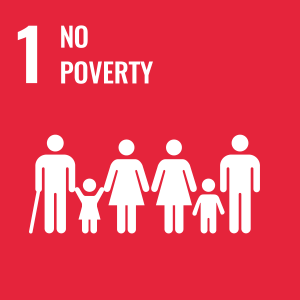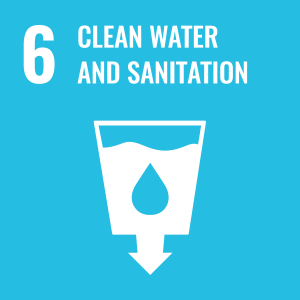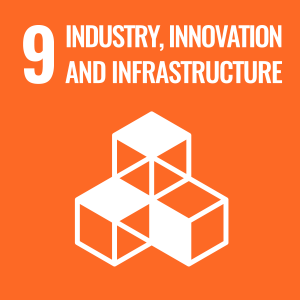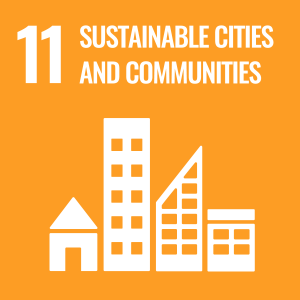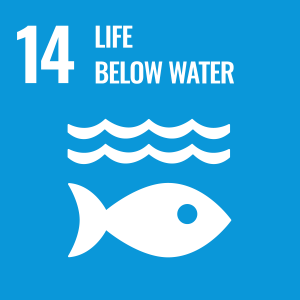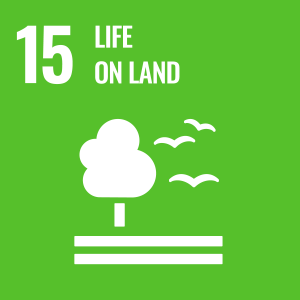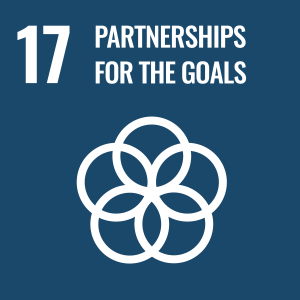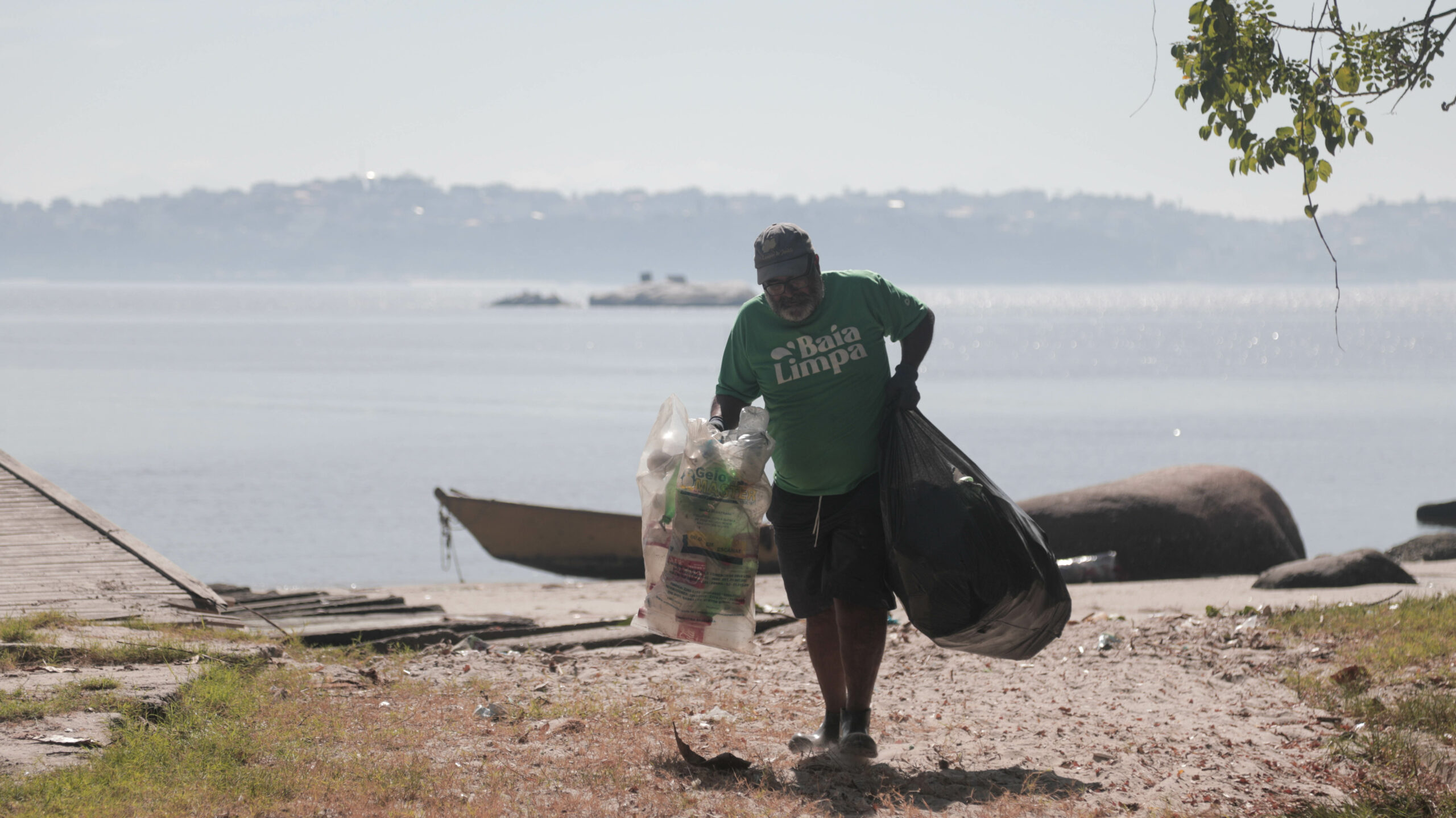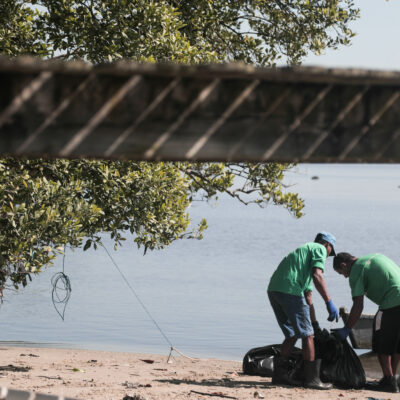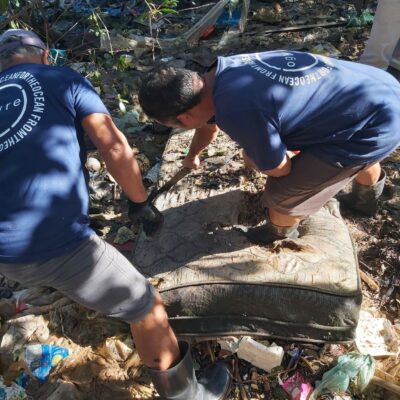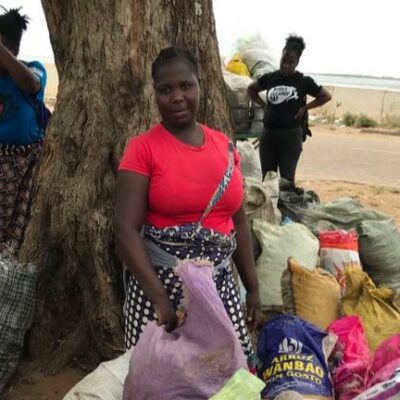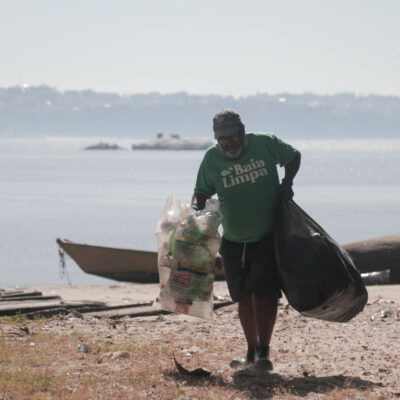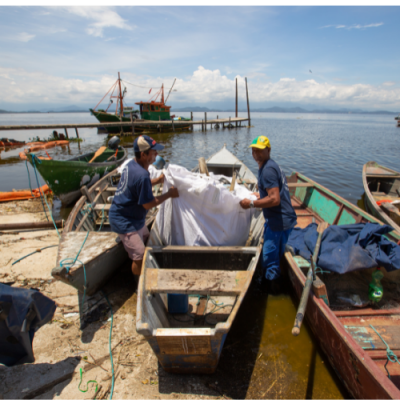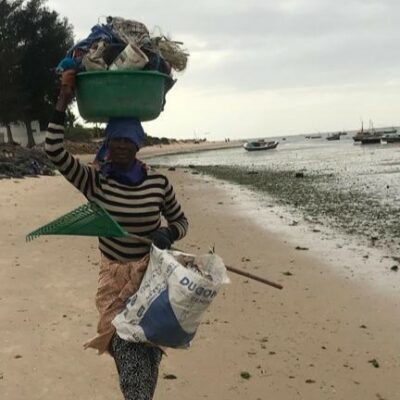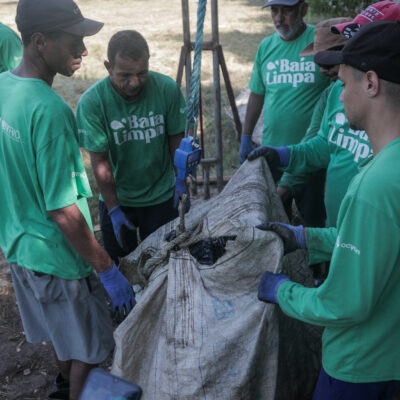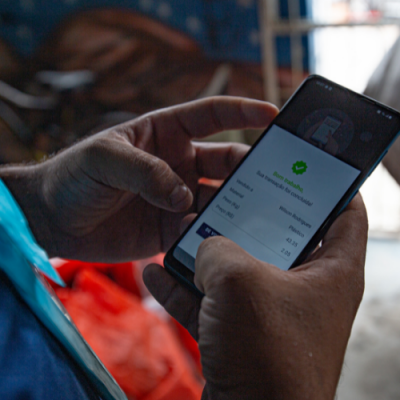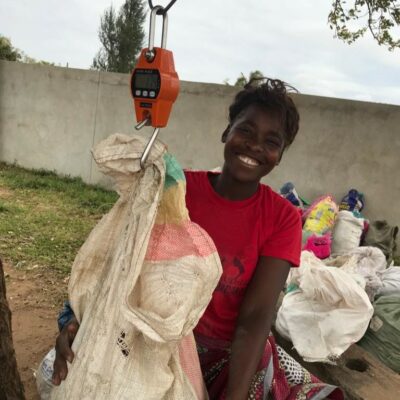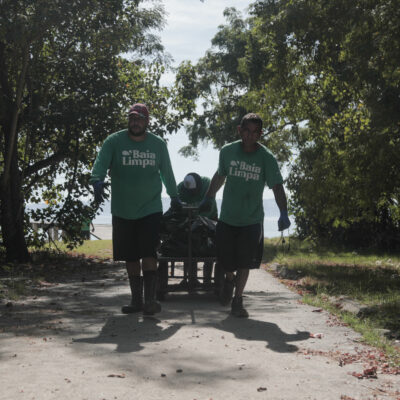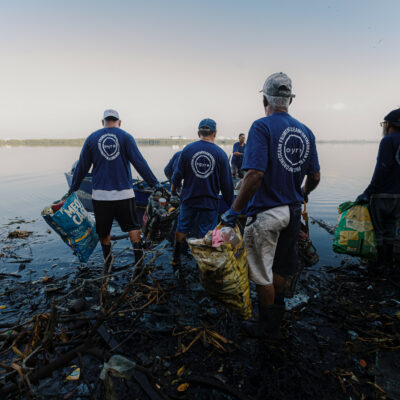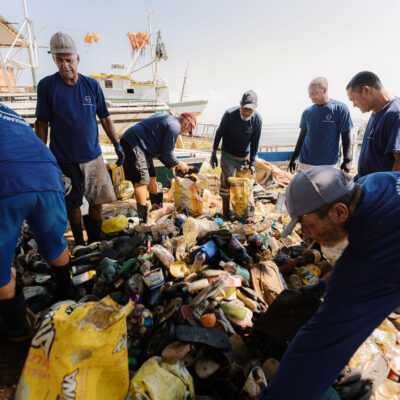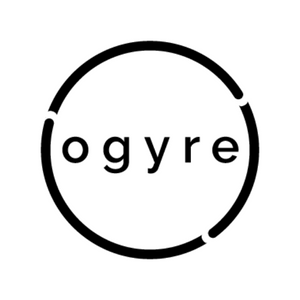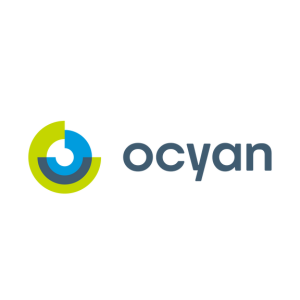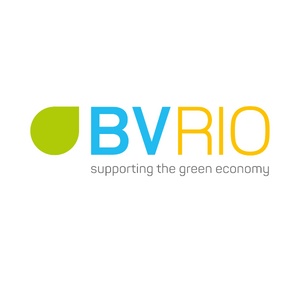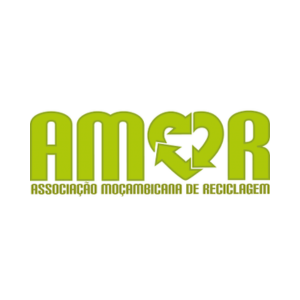Providing social and environmental benefit, the ‘fishing for litter’ initiative funds fishing communities to remove waste from fishing grounds and coastlines using cutting-edge technology mixed with traditional methods.
Total Volume Collected
The ocean is choked with waste, particularly in coastal regions, where millions of artisan fishers make their living. This global community is particularly impacted by the changing climate, with fishing grounds becoming incrementally less productive, and therefore profitable. Alongside this, these communities are often the most impacted by improperly disposed of waste, with rivers washing vast quantities of waste into the ocean, and coastal areas frequently used as informal ‘dumps’.
A combination of these two factors is leading to many giving up the only way of life they have ever known.
Since 2021 BVRio has been working with small artisan fishing communities in Brazil and Mozambique to develop a sustainable and impactful programme delivering both environmental and social impact. Fishers no longer able to make a good living from fishing alone, have been funded a few hours each week to use their boats and local knowledge to remove waste from the ocean and mangroves. The waste is collected, weighed and recorded via the KOLEKT waste management app, and then passed on to local recycling cooperatives, or re-destined to responsible landfills.
Waste is collected twice a week by teams of fishers in traditional boats, or in organised beach cleans, and the ‘catch’ is then registered and monitored through the KOLEKT app. The app uses images and GPS in order to verify the inputs of both the seller, the fishers, and the buyers (waste cooperatives). The app’s web-based dashboard is used to track and administer all transactions.
The project seeks to benefit as many fishers as possible, and so places a limit on the volume of waste collection which can be funded by each team involved. This approach also avoids double-counting of activities and funding.
Fishing for Litter in the Media
The project regularly receives media attention in Brazil and internationally.
News agency Reuters visited the fishers of Ilha do Governador, Rio de Janeiro, Brazil at the start of the project, to talk to them about this new type of work, and the impact of waste in the ocean on their catch.
“Our advantage is our experience with the mangroves, we know the right time to get to and from them. The project is very good because it gives jobs to several people without a full income, as well as helping Guanabara Bay.” Thales, Fisher, Vila do Fundão.
Impact
Countries
Operations in Brazil and Mozambique
People
164 people from fishing communities benefit with additional wages
Waste collected
639+ tons collected (to 30 Nov 2025)
Material
Multi-material recovery including different types of plastic, glass, metal, fabric and electricals
Technology and Verification
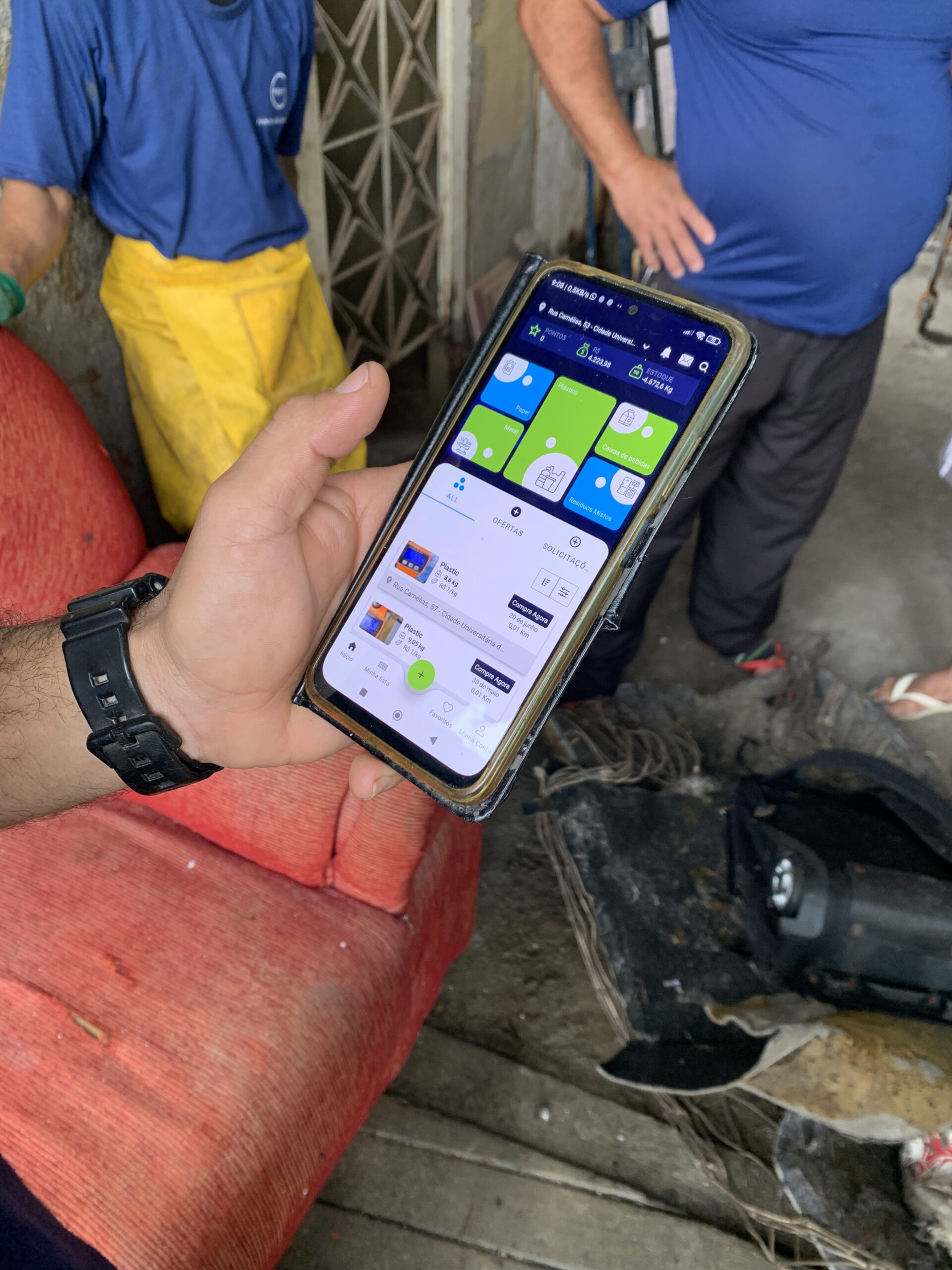
The KOLEKT waste management app is used to register and monitor the ‘catch’. KOLEKT uses images and GPS in order to verify the inputs of both the ‘seller’ – the fishing communities – and the ‘buyers’ (waste cooperative, recyclers and/or landfill operators). For this project an ongoing agreement is in place with local waste cooperatives, but KOLEKT was set up to trade waste on the open market.
KOLEKT creates traceability of waste along the whole supply chain and then maps all stakeholders involved in the process. It records data in a format that allows for more efficient monitoring, validation, verification and certification of waste recovery and recycling against recognised standards.
Materials are registered in the app by weight, type and condition, and the date and place of collection is recorded along with photographs, so that actors in the whole collection and recycling chain can see the materials on offer, or requested, near them.

Meet some of the people involved
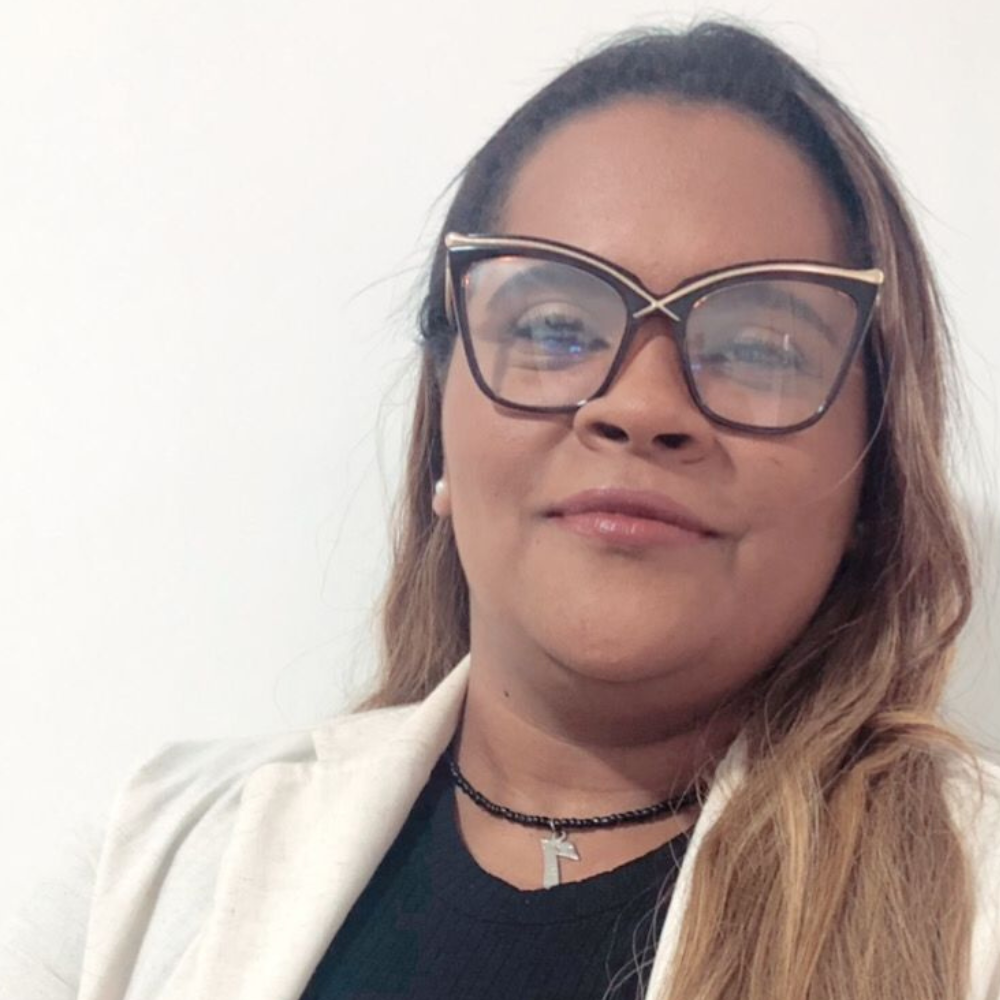
Location: Brazil.
Funder: Ogyre.
"I am very grateful for this position as general coordinator of the Fishing for Litter project run by BVRio. It is very enriching for me to contribute to this work. I'm proud of my career because I had to be very resilient. Today, I feel the responsibility of my position, as a black woman, because we know that we're still minorities in leading roles. I would therefore like to thank Pedro Succar, who has become my mentor on this journey, and BVRio for believing in my work in coordinating this project in Brazil."
Glaucia
Coordinator
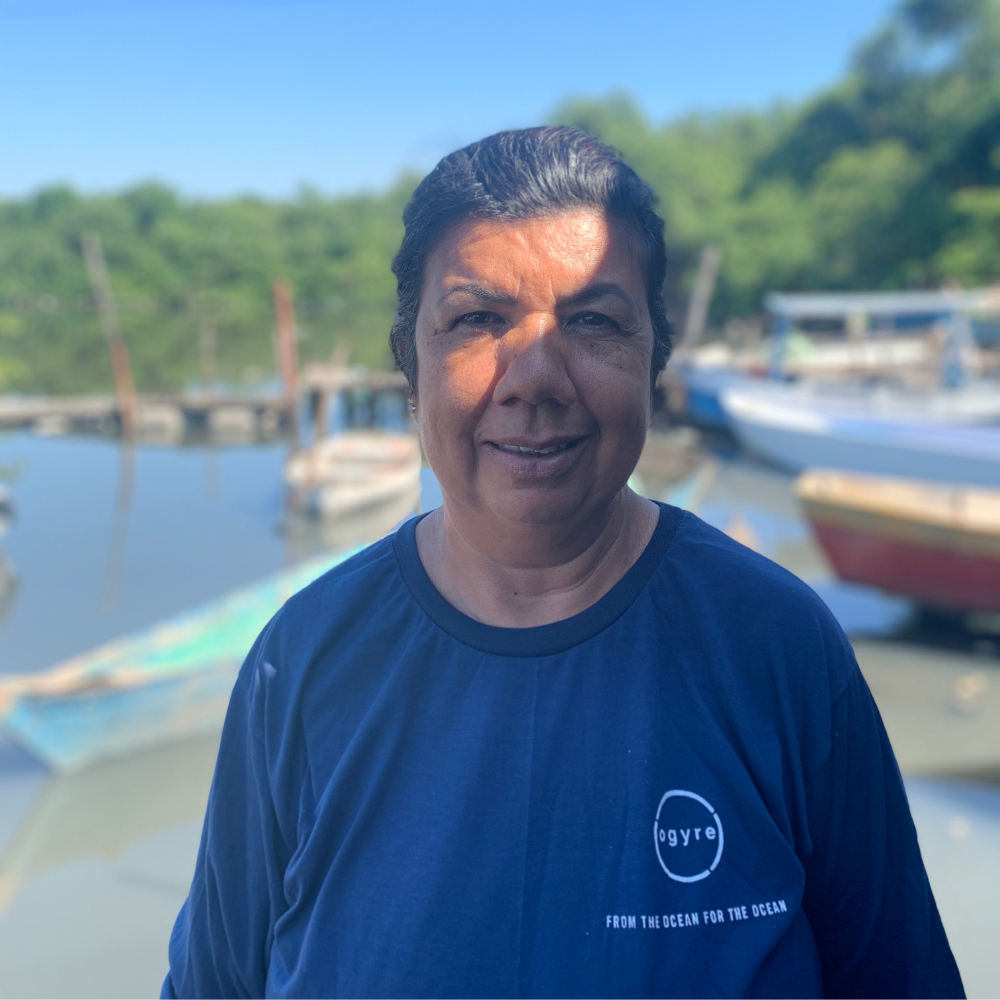
Location: Brazil.
Funder: Ogyre.
"When we go out to collect, the most common things we find are flip-flops and shoes, as well as a lot of glass bottles. One of our difficulties is getting into the mangroves, the boat cannot always reach where most of the waste is. On the other hand, there are plenty of things floating in our collection area. I like the project, besides removing the litter from the Guanabara Bay, it helps to supplement my family income."
Odete
Fisher
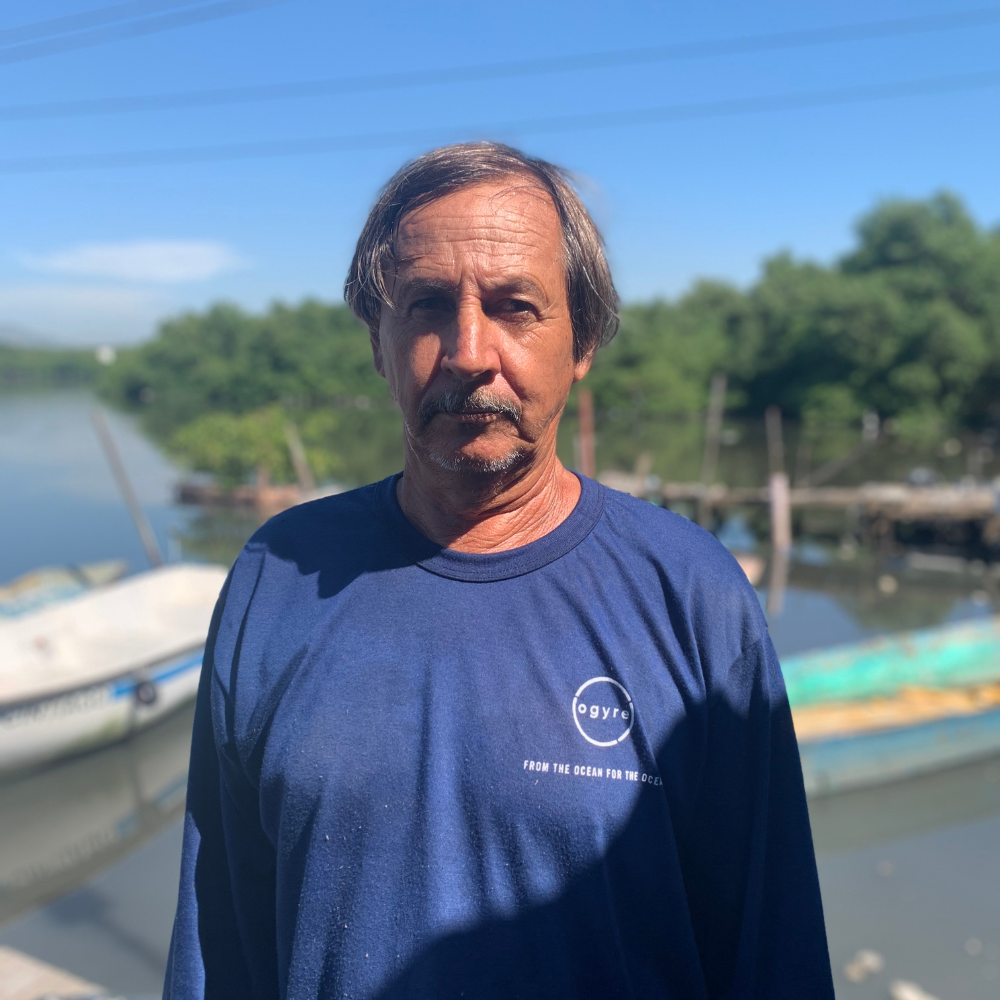
Location: Brazil.
Funder: Ogyre.
"We find many fridges, plenty of flip-flops and also bags. I don't see any difficulty in carrying out the project. What makes our work easier is using a picking tool to collect what is found floating around. Of all the experiences I have working in the water, this is the best project I have ever participated in."
Floriano “Foca”
Fisher
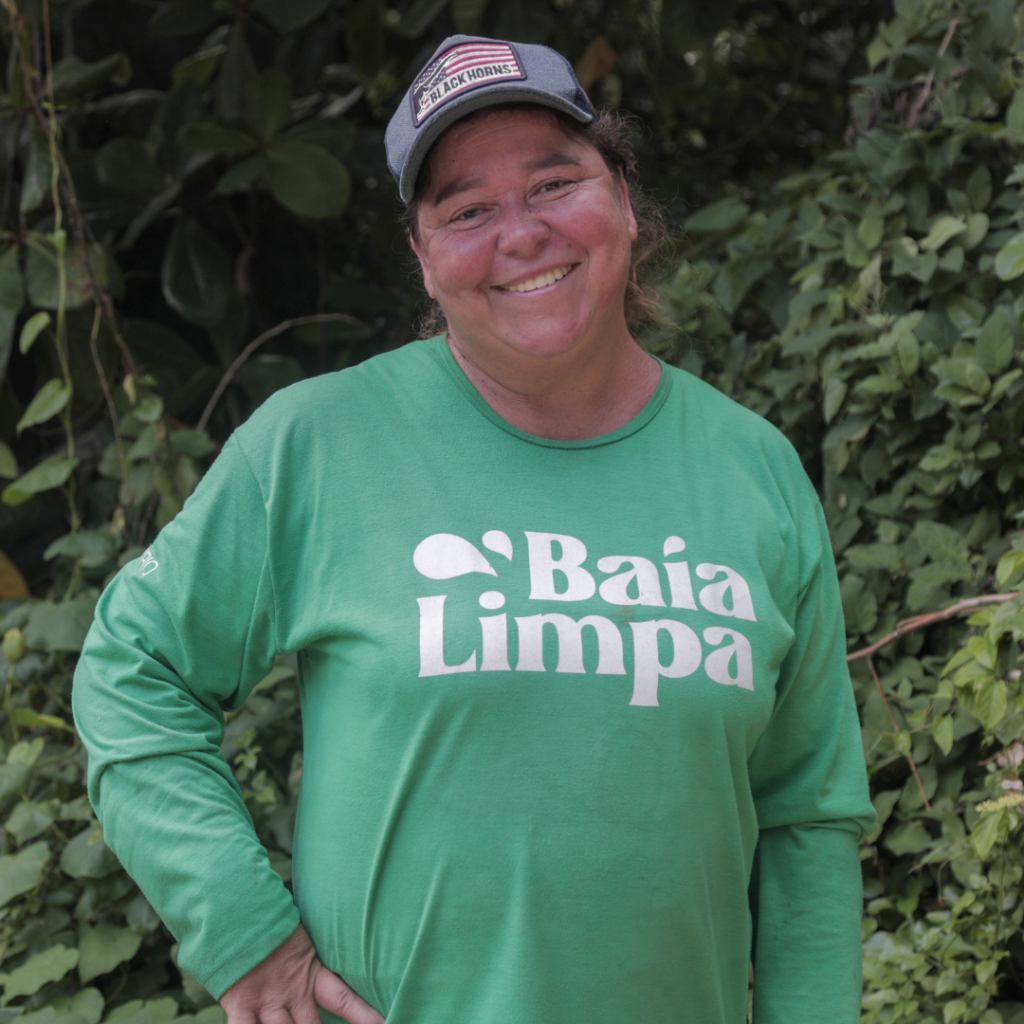
Location: Brazil.
Funder: Ocyan.
"I am very grateful for this project because today we are doing a job we have always done: collecting rubbish from the sea. However, with this project, we now have recognition and remuneration. Rubbish is the biggest enemy of fishers. What we mostly catch in our nets is litter, not fish, which is why our dream is to see the amount of rubbish decrease."
Branca
Fisher

Location: Brazil.
Funder: Ocyan.
"This project has significantly added to my income. With this, it has been possible to pay bills, buy necessary items, and enjoy a day out with the family. As fishers, we always struggle to bring enough pay home, because fishing alone isn't enough to support us. With this project, we now have financial security."
Mario
Fisher

Location: Brazil.
Funder: Ocyan.
"Now, in addition to fishing, we have a second source of income that provides a great deal of security and makes us feel much more stable. As a fisherman, this income is very helpful because fishing is currently poor, and we rely on this income to support ourselves. Furthermore, through the project, I have learned to respect nature and to dispose of rubbish in the proper places, rather than simply discarding it into the environment."
Daniel
Fisher
Global Expansion
BVRio has been working with fishers and informal waste collectors in Brazil for over a decade, and our operations in waste management have already expanded to Asia and Africa. The Fishing for Litter project has been designed to be easily scalable and replicable within Brazil and Mozambique, and into other countries, where we have existing relationships with waste managers, and an understanding of regional waste supply chains.
Additional fishing communities have already been identified and are waiting to receive funding to start operations.
How funding is used
The majority of funding received is spent directly on wages for fishers and local coordinators, who receive a fair remuneration for the collection and sorting of waste. Additionally, funding is allocated to purchase, retain and repair safety and hygiene equipment, due to the sometimes risky nature of the work. Transparency and accountability is ensured via annual independent auditing and verification. Finally, a small proportion of funding is allocated to the BVRio team for the running and expansion of the project ensuring that it can be grown for the benefit of additional fishers worldwide.
The BVRio project team is in regular contact with participants, and a performance indicator is always conditioned for payment, ensuring motivation and engagement of fishers.
This project is particularly well suited to organisations looking for ways to meet Extended Producer Responsibility (EPR) type legislation and/or deliver practical and measurable CSR action.

Funders
Ogyre
About: BVRio is a local delivery partner of Ogyre in Rio de Janeiro, Brazil. Ogyre is active in ports in Brazil, Indonesia and Italy and supports fishers by sponsoring waste collections. Ogyre’s mission to reduce waste in the oceans matched BVRio’s mission to promote environmental and social sustainability. Since 2021, the project has been engaging fishing colonies in Guanabara Bay and has achieved significant results
Number of fishers benefitting: 20 regular
Active: Nov 2021 – Ongoing
Current total volume recovered: 508 tons (to 30 November 2025)
Visit WebsiteOcyan
About: Ocyan, is an energy company operating in Brazil and abroad. Participation in the project forms part of its Socio-Environmental Responsibility focus, and the partnership with BVRio is one of the new initiatives the company envisions for the coming years. Ocyan’s headquarters are located on the shores of Guanabara Bay and they can see the bay and various boats docked from the office windows. They consider the bay a valuable asset for Rio de Janeiro, and feel there is much to be done for its complete clean-up, requiring a collective effort.
Number of fishers benefitting: 22
Active: Oct 2023 – Jun 2024
Current total volume recovered: 82.6 tons (to 30 Jun 2024)
Visit WebsiteBVRio
About: The project initiator, BVRio has a long history of working with fishers and waste cooperatives. From time to time BVRio funds short clean-up activities involving the Fishing for Litter fishers, such as a special effort to clean the islands Ilha Raimundo and Ilha do Fundão.
Number of fishers benefitting: 22
Active: Jun 2024 – ongoing
Current total volume recovered: 12.8 tons (to 28 Feb 2025)
Visit WebsiteAMOR - Mozambique Recycling Association
About: AMOR develops marine waste collection projects in Mozambique. BVRio and AMOR established a partnership for training and use of the KOLEKT app in operations in Mozambique, making the recording of activities there more transparent and easier to monitor. The project is carried out in coastal areas close to Maputo and Beira.
Number of fishers benefitting: 126
Active: Sep 2022 – May 2023
Current total volume recovered: 130 tons (to 31 December 2023)
Visit WebsiteSDG Alignment
